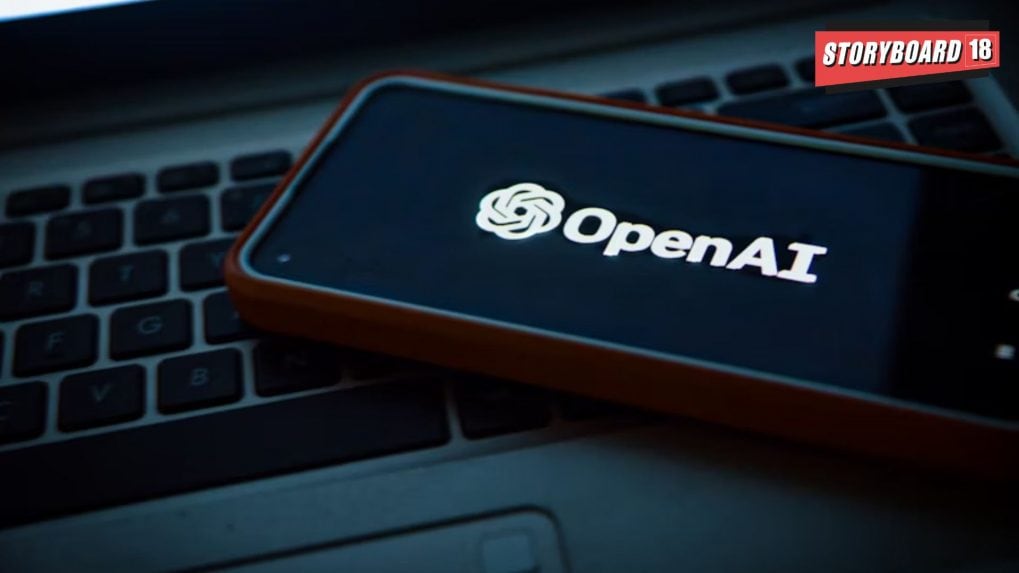How it Works
WPP, Havas, Omnicom: Are advertising’s biggest holdcos recasting agencies as AI Operating Systems?

The Digital News Publishers Association (DNPA), representing some of India’s biggest media houses, has accused US-based artificial intelligence company OpenAI of serious misconduct in a petition before the Delhi High Court. DNPA claimed that OpenAI failed to secure licences from its members and their conduct in India betrays an inexplicable defiance of the law and reveals their dishonest intentions.
DNPA in its petition (reviewed by Storyboard18) claimed that OpenAI has engaged in “large-scale, unauthorized, and illegal” scraping, copying, and reproduction of copyrighted news content to train its flagship AI model, ChatGPT.
The petition, heard by Justice Amit Bansal, asserts that OpenAI’s conduct threatens the survival of India’s digital journalism industry. DNPA has joined news agency ANI’s ongoing lawsuit against OpenAI on similar grounds. Senior Advocate Rajshekhar Rao, appearing for DNPA, told the court that ChatGPT not only ingests news articles without permission but has also reproduced verbatim excerpts from exclusive interviews of DNPA members when prompted by users. Such use, the DNPA argued, amounts to direct copyright infringement.
The DNPA in its petition claimed that OpenAI had ignored or circumvented the “robots.txt” protocol — a standard web rule to prevent automated scraping. The petition argued this shows deliberate disregard for publisher safeguards.
Even though some DNPA members have attempted to block automated scraping, the association said this was ineffective since “mass scraping and ingestion of copyrighted content had already occurred” before such measures were deployed.
The petition states, "It is respectfully submitted that while some members of the Applicant No. 1 have instituted blocking mechanisms on their websites, this so-called "protection" is illusory because the mass scraping, copying, reproduction and ingestion of copyrighted Content by the Defendants has already occurred without the permission or knowledge."
The petition noted that OpenAI has entered into licensing agreements with international media houses such as Time, Financial Times, News Corp, and Axel Springer, acknowledging the need for paid access abroad. However, the company has not secured any such licenses in India. DNPA described this as “dishonest conduct” and “defiance of Indian law.”
The petition states, "The Defendants' conduct in India betrays an inexplicable defiance of the law and reveals their dishonest intentions."
The association warned that OpenAI’s practices erode the economic foundations of journalism by diverting traffic away from original reporting. By embedding or repurposing news content without attribution, the company undermines publishers’ ad revenue, weakens press plurality, and leaves Indian audiences vulnerable to the “opaque algorithmic arbitrariness” of a foreign entity.
The petition also alleged that OpenAI’s shift from a non-profit research lab to a profit-driven enterprise has been fuelled by “illegal and infringing activities at the cost of the creative works of the entire industry.”
OpenAI, in earlier filings, has denied the charges, stating that it does not use Indian publishers’ content to train its models. It claims its datasets are built from publicly available information under fair-use principles, and has cautioned that removing training data could put it in violation of U.S. legal obligations.
Despite this, the DNPA maintained that OpenAI’s admission of signing paid content deals abroad amounts to proof that the company recognizes the need for licensing — a standard it has chosen to ignore in India.
The case has attracted significant attention from various stakeholders in the media, publishing, and technology sectors. Intervenors in the matter include the Federation of Indian Publishers, the IGAP Project, and the Broadband India Forum, reflecting the widespread implications of the outcome. Prominent legal experts, including Amicus Curiae Professor Arul George Scaria and Advocate Adarsh Ramanujan, are assisting the Court in navigating complex issues around copyright, fair use, and artificial intelligence.
The Court has scheduled further hearings for submissions from the remaining intervenors on September 12 and September 23, 2025.
From purpose-driven work and narrative-rich brand films to AI-enabled ideas and creator-led collaborations, the awards reflect the full spectrum of modern creativity.
Read MoreThe Storyboard18 Awards for Creativity have unveiled a Grand Jury comprising some of India’s most influential leaders across advertising, business, policy and culture, positioning it among the country’s most prestigious creative award platforms.